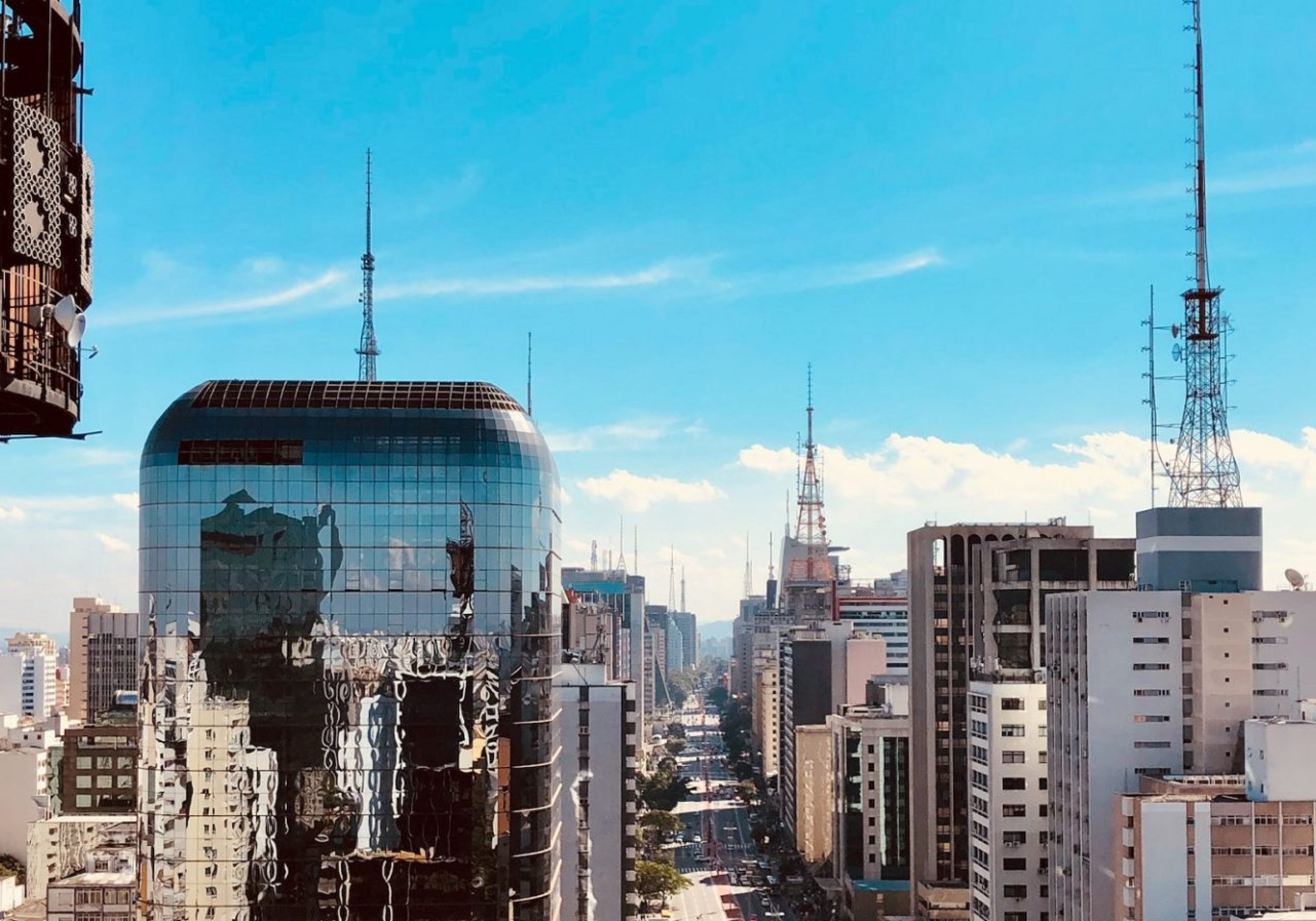Latin America is well positioned to increase its influence on the world stage, as the first part of this article indicates.
A contributing factor in the region’s current standing is that it has not felt the impact of recent conflicts, international power struggles and trade wars as acutely as other regions. For instance, it lacks the deep economic ties with Russia that many countries became reliant on prior to the conflict in Ukraine. Its wealth of resources also means that it can fill gaps in the global supply chain void left by Russian sanctions. An example here would be grain exports to northern Africa.
2020 was a difficult year for Latin America as the Covid pandemic took hold, but it rebounded swiftly and strongly the following year with 6.9 per cent growth in regional gross domestic product. Growth slowed in 2022 amid global pressures sparked by the war in Ukraine, but the region has shown resilience. The United Nations Economic Commission for Latin America and the Caribbean (ECLAC) stated that the average rate of economic growth for Latin America and the Caribbean in 2022 was 3.7 per cent – higher than experts had predicted. Global financial conditions will have some impact, and according to the World Bank, low growth rates of 1.6 per cent and 2.3 per cent are expected in Latin America in 2023 and 2024.
Service sectors and employment have also returned to pre-pandemic levels and factors such as high commodity prices and resurgent tourism have helped the region bounce back more strongly than expected. The journey will not be a straightforward one, but there is a real opportunity for Latin America to finally reap the benefits of its huge potential, developing strong trading relationships and attracting growing investment. Past commodity booms, most notably those in the early 2000s, had enabled some countries to make significant gains in poverty reduction. However, they did not provide for long-term stability, largely due to the volatile nature of commodity revenues. The foundations are seemingly in place for things to be different this time for the region as a whole.
Tech and innovation
There is another reason why Latin America could be on the cusp of a new dawn and that’s the growth of tech and the digital economy across the region. Fintech, e-commerce and blockchain are all examples of the kind of sectors that are worth keeping an eye on, while edtech is growing fast.
The region’s start-ups raised a record $19.5 billion in funding in 2021, according to Crunchbase data. The same year, 18 Latin American companies achieved unicorn status (a market value of $1 billion before going public) according to Spanish multinational BBVA. While the next two years will be difficult for business globally, Latin American start-ups seem certain to continue attracting growing levels of investment.
Indeed, experts believe that a return to the levels of investment growth – of between 30 to 40 per cent year on year – is possible in the next few years. Latin America has an abundance of talent on offer, providing fertile ground for entrepreneurs and venture capitalists alike. Now that almost four-fifths of the region’s population have access to the internet, it is well set to become the next frontier of tech.
As the world emerges from the aftermath of unparalleled upheaval and uncertainty, there is a possibility for a fresh start in Latin America. This is the moment to reap the benefits of the region’s potential. Its crucial biodiversity, rich resources, clean energy potential and leadership in tech can all help lay the foundations for robust and protracted growth. It has the chance to build stronger diplomatic ties and trading relationships, attract soaring investment and have global influence on climate change and innovation. Amid unprecedented changes, there are also unprecedented opportunities for new beginnings.








